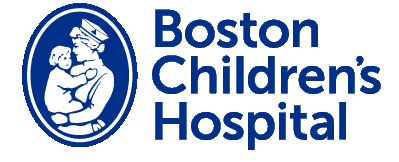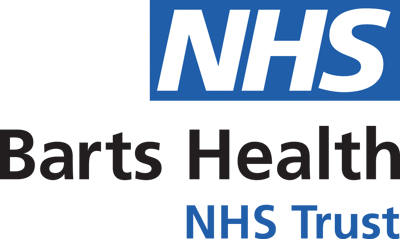Rare disease diagnosis is a hugely challenging, and labour-intensive process. Very few clinicians have specialist knowledge or expertise in this area. With over 7,000 diseases, a definitive diagnosis can take years – the diagnostic odyssey - creating a significant burden of illness for the patient, their family, and the wider health economy.
Clinithink's proven CLiX® intelligence platform uses AI technology to carry out rapid, large-scale automated deep phenotyping, combing hundreds of documents in seconds, looking for any of 12,000 rare disease phenotypes that could indicate an underlying rare genetic disease. In doing so, it helps to accelerate both the diagnosis and treatment of rare disease.
By supporting clinicians, CLiX focus can improve the recognition of rare disease as a potential cause of illness and help shorten the time to diagnosis and treatment - reducing or even eliminating the diagnostic odyssey in some instances. By speeding up definitive diagnosis, CLiX focus can reduce the burden of illness caused by rare disease.

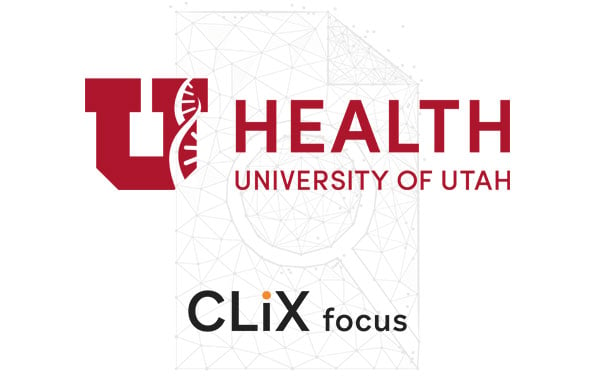
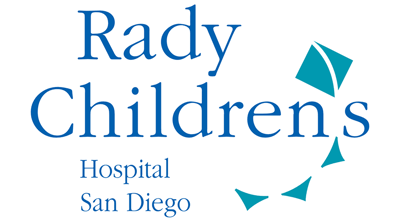
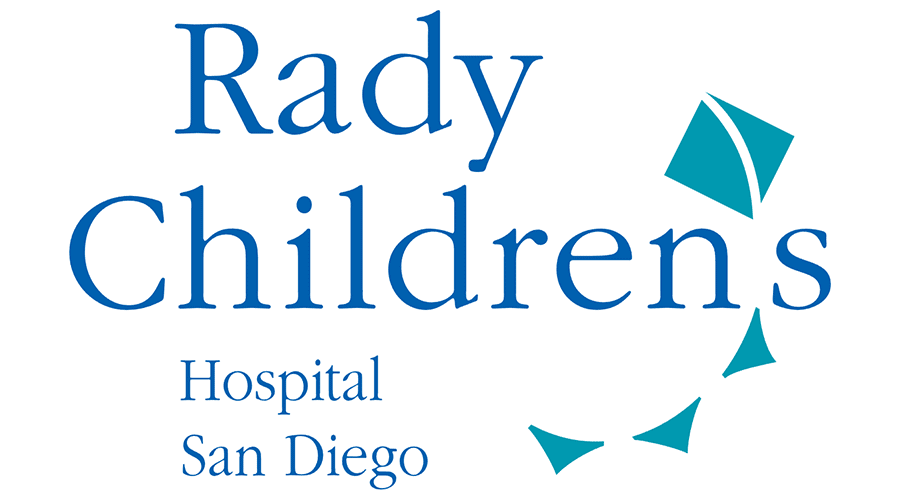

.png?width=2000&name=U%20Health_horizontal_png_red%20(1).png)

